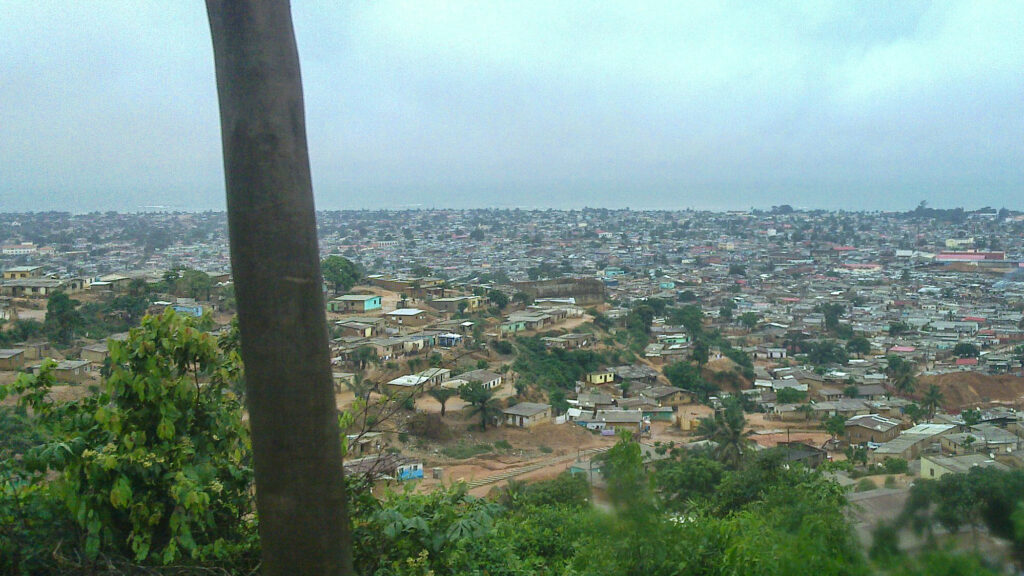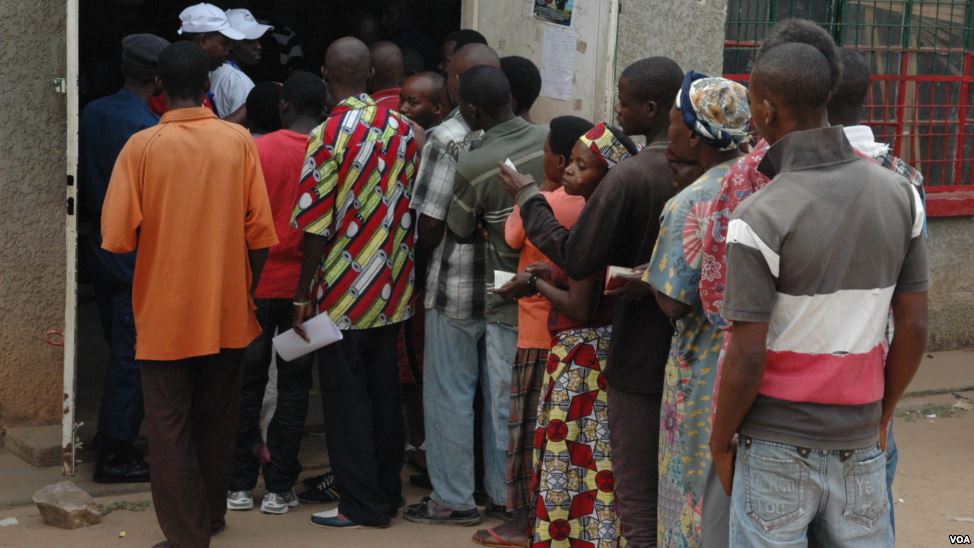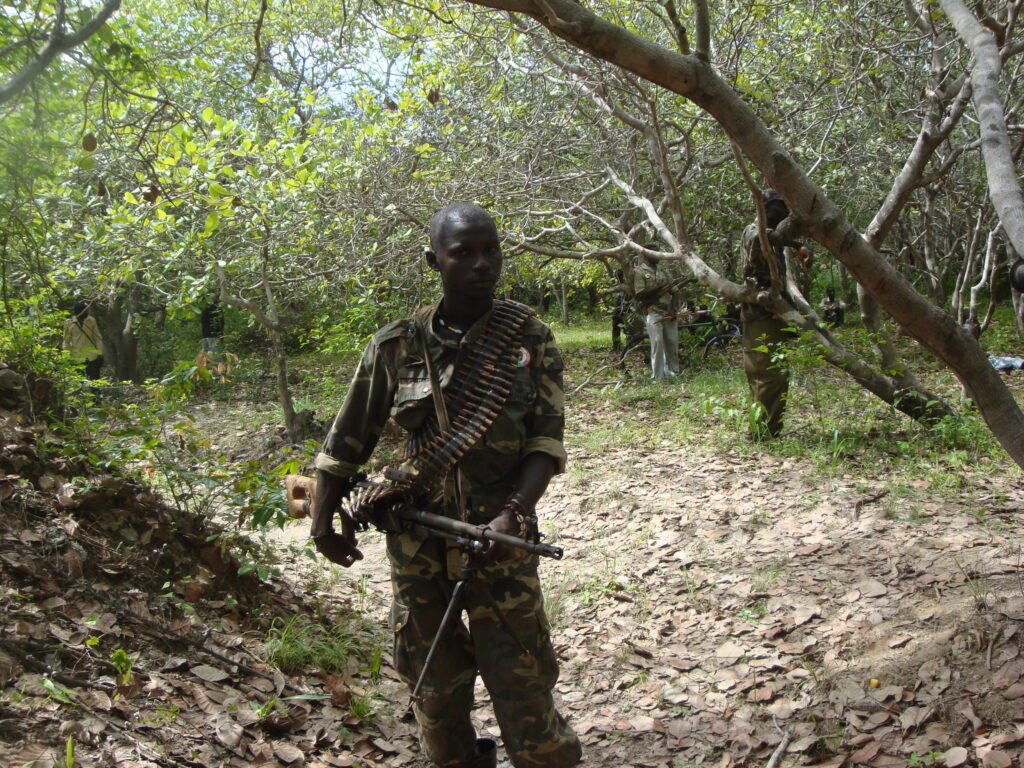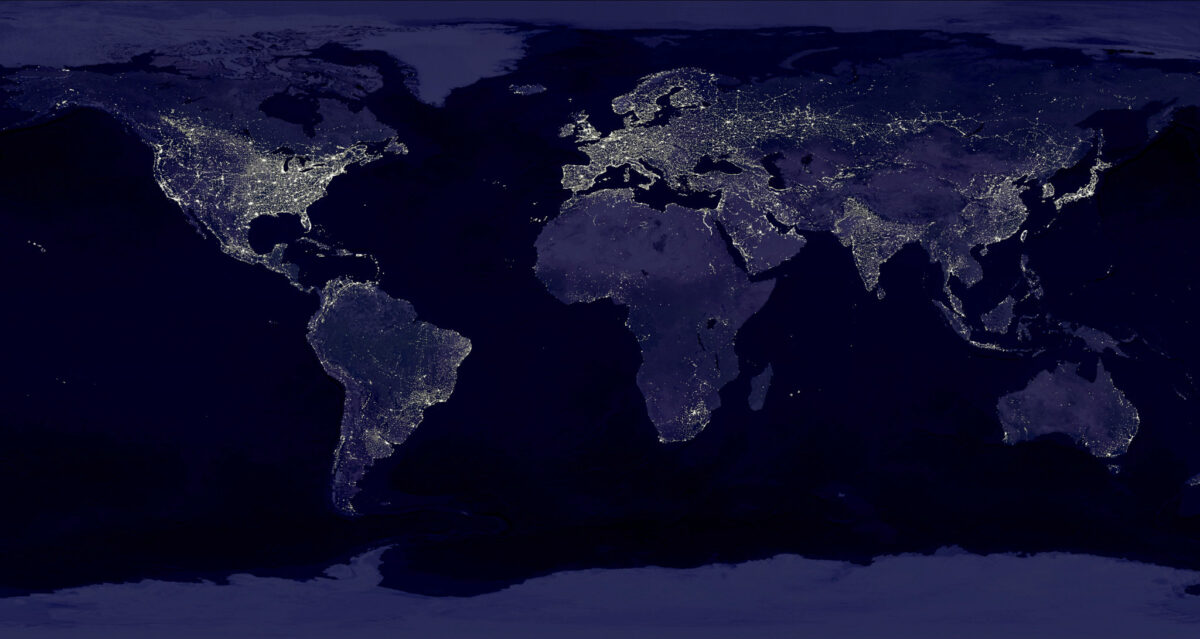Did I really just write the ‘Dark Continent’ in reference to Africa??
I am well aware that I will anger some by even using the term ‘Dark Continent‘ in this piece to describe Africa. Some will accuse me of racism, somehow equating the term ‘dark’ with those of a negroid skin type. Others will think I am glorifying the days of European colonialisation: after all, that is where the term originates (a reference to the fact that not a lot was known, at least in the West, about the place). Interestingly, some use the term to reflect that because of the dearth of electricity on much of the continent, satellite imaging from outer space depicts much of Africa at night as, well, ‘dark’. Still, many are outraged. None of this is relevant to what I want to examine in this Perspective.
As an aside, we now know of course that our very species originated there some 315,000 years ago and spread around the globe (the so-called ‘Out of Africa‘ phenomenon – no, not the movie with Robert Redford and Meryl Streep!). In this way the continent is thus the ‘bright’ one since in its absence we would not be here and I would not be putting out blogs on national security!
Yet when it comes to national security Africa is still very much the dark continent. There are so many terrorist and criminal groups operating in dozens of nations, all contributing to a very insecure environment. Millions of Africans have suffered and are continuing to suffer as a consequence.
Sticking solely to terrorist groups, here is a partial rundown of who is doing what where.
- Morocco: since 2002, Moroccan police have dismantled more than 2,000 terrorist cells and captured more than 3,400 people in terrorism-related cases;
- Nigeria: both Boko Haram and an Islamic State (ISIS) affiliate, Islamic State Western Africa Province (ISWAP) have been active for over a decade (more accurately BH has been around since the late 2010s and ISWAP is a more recent phenomenon): thousands have been kidnaped (remember the Chibok girls?), tens of thousands have been killed and millions of civilians have been displaced;
- Mali: despite the French-led Operation Barkhane in Mali since 2013 there have been dozens of attacks and hundreds of deaths. A Colombian nun held by jihadis in that country since 2017 was recently released;
- Burkina Faso: terrorist groups linked to both Al Qaeda (AQ) and ISIS have killed more than 1,500 people and forced 1.3 MILLION to flee their homes;
- Egypt: long a locus of terrorism in the 1980s and 1990s, hundreds of policemen and soldiers and more than 1,000 civilians have died in attacks by ISIS in the Sinai since 2013;
- DRC: a shadowy Islamist extremist group which bizarrely calls itself the Allied Democractic Forces (ADF) and may have links to ISIS has been active since 1995, killing thousands and displacing hundreds of thousands;
- Somalia: Al Shabaab is one of Africa’s longest-standing terrorist groups and is active in neighbouring Kenya as well (the 2013 Westgate Mall attack killed 68 and lasted four days). From September 2006 to October 2017, the group deployed 216 suicide bombers across 155 attacks, killing as many as 2,218 people;
- Mozambique: another group calling itself Al Shabaab (no relation to the Somali version; this one is tied as well to ISIS) has arisen in the northern region of Cabo Delgado and is known for grisly beheadings.
As noted, this is just a partial list but I think you get the idea.
African nations appear at times to be helpless in the face of these threats. Some leaders – the Nigerians are notorious for this – claim every year that it is to be the last one in which the terrorists will be around. Other countries employ tactics in which military forces kill civilians as well. Still others have relied on foreign intervention such as the aforementioned Operation Barkhane in the Sahel (Canada was part of that too) and US airstrikes (especially in Somalia). Little if anything of this appears to be working.
African leaders like to blame a lot of their woes on colonialism. Yes, the years of subjugation were often horrible – think of Belgium’s role in the Congo – but the current terrorism scourge has NOTHING to do with this. These groups are either completely homegrown – Al Shabaab in Somalia is a great example – or benefit from assistance from other terrorist organisations like ISIS and AQ which originate in the Middle East, NOT the West. It seems as if these latter two see the continent as a great place to do ‘business’: little intervention, poor governance, a population fed up with the central authorities, large easy-to-hide-in spaces. This is not something we in the West need to apologise for.
The bottom line, as I outlined in The Lesser Jihads, is that Africa will most likely be a hot bed of terrorism for many years to come. Whether this mutates into threats outside the continent (the 2009 ‘underwear bomber’ Umar Farouk Abdulmutallab was from Nigeria) remains to be seen. I know that many European security officials are concerned about terrorist use of migrant flows from Africa.
At the risk of coming across as pessimistic this is a problem with no obvious solution. Efforts will continue to be made but the scale of the threat is almost beyond measure. Africa is dark indeed in this regard.
Read More about Terrorism in Africa

March 31, 2018: Armed attack on soldiers in Angola
On March 31, 2018 the Armed Force of Cabinda claimed responsibility for the killing of four Angolan soldiers.

March 16, 2016: Terrorists shoot administrators in protest in Burundi
On March 16, 2016 unidentified gunmen killed three local administrators in various parts of Burundi to protest the decision by President Pierre Nkurunziza to run for a third term.

February 21, 2011: Terrorist attack kills three soldiers in Senegal
On February 21, 2011 three Senegalese soldiers were killed and six wounded by ethnic terrorists in the country’s south.

